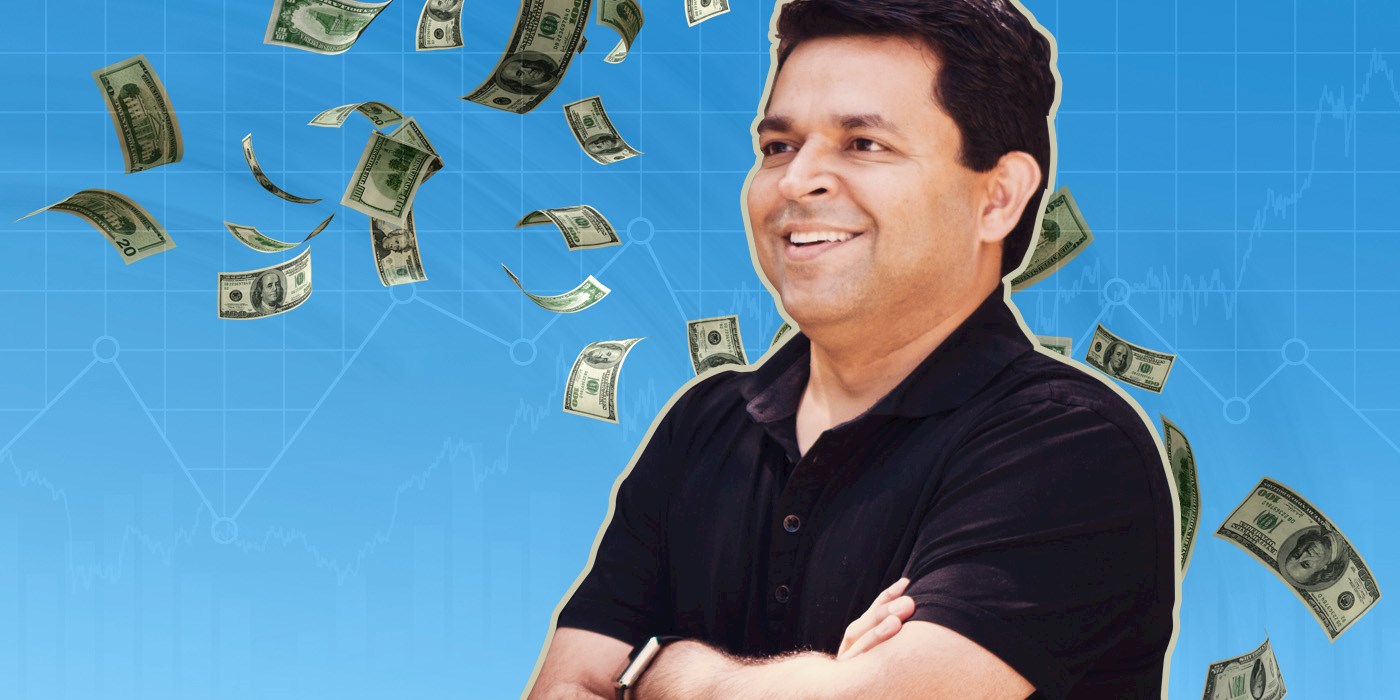As an international graduate student at Carnegie Mellon University, India native Kalpesh Kapadia had difficulty securing a credit card. His experience fueled his startup, SelfScore, whose mission is to provide credit cards to international students with earning potential but no credit history.
Since then, thousands of international students have been issued SelfScore credit cards. Kapadia said he’s just getting started tapping into an underserved marketplace.
In 1997, Kapadia was pursuing his MBA at the Tepper School of Business. He was 25, had a promising future career, but he didn’t have any credit history.
“Growing up in India, there was no such thing as a credit bureau,” he recalled. “In order to get a 36-month loan to buy a house or a car, for instance, you’d give the bank 36 post-dated checks. It was a chicken and egg situation after moving here. You had to have a credit score to get a credit card, but you had to have a credit card to have a credit score.”
Fast-forward to 2012.
Kapadia, who graduated in 1999, had a well-established career in finance, which he credits in large part to the business acumen he picked up at the Tepper School. Having been a top Wall Street analyst (he was named the top stock analyst in the semiconductor industry by The Wall Street Journal) and then having managed a private equity fund, Kapadia said he was ready for a new “meaningful” challenge. It was then he realized that little had changed in the credit card business since his Tepper days.
With the help of angel investors from technology and banking companies, including Google, Uber, Capital One and Deutsche Bank, Kapadia put his entrepreneurial skills to work and launched SelfScore.
Using data-analytics and machine learning, SelfScore evaluates creditworthiness across four categories:
- Eligibility — applicants must attend one of 1,100 eligible schools;
- Identity — established by a student’s visa or passport;
- Stability of Identity — established by an applicant’s phone number, physical address or school-based email address; and
- Ability to Pay — based on factors such as the school they attend, their major and any internship participation.
Since SelfScore began offering its first credit card this past March, it has seen 100 percent growth in applications month over month. To date, more than 20,000 people have applied, and a few thousand approved, including nearly 100 CMU students.
With more than 1 million international students in the United States, SelfScore’s potential is enormous.
Accel, Aspect Ventures and Pelion Venture Partners have each seen that potential and provided $7 million in additional funding.
Pelion’s managing partner, Blake Modersitzki, explained why his firm is providing financial support: “Since launching their flagship product last March, SelfScore has shown great growth with very little capital deployed. SelfScore’s unique data analytics and machine learning approach is a game-changer for unleashing financial freedom with today’s generation of international students, a group, who has contributed as much to America’s innovation as anyone over the past half-century.”
Kapadia said he is very pleased to have found such a “meaningful” calling: “The college campus is America's new Ellis Island. The Statue of Liberty’s motto is no longer, ‘Bring us your tired, your hungry, your sick.’ It’s, ‘Bring us tomorrow’s doctors, inventors and CEOs.’”




